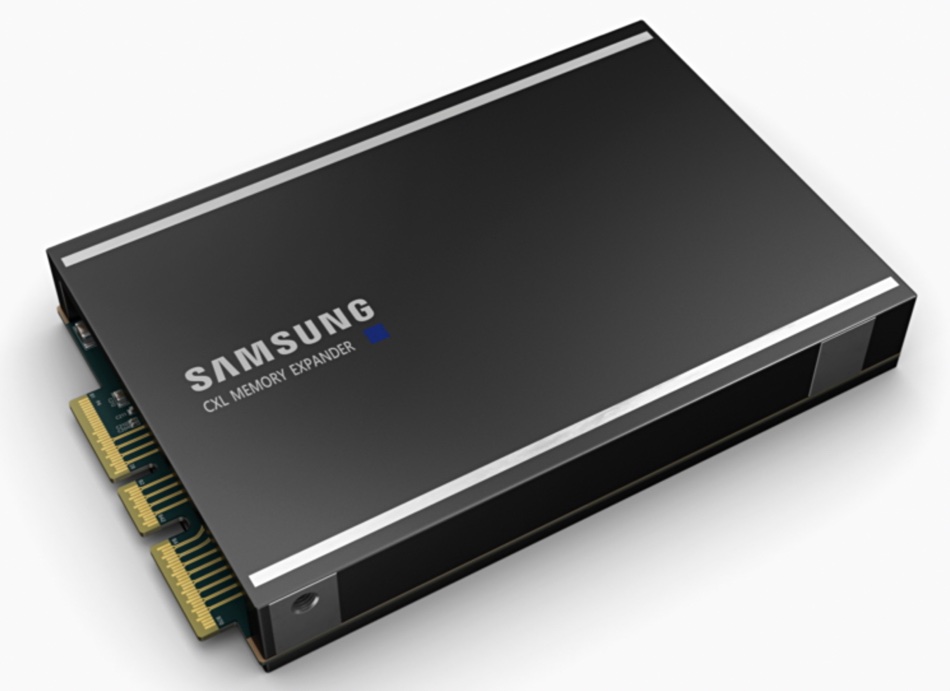Wasabi has announced the opening of its new storage region in Toronto to provide closer proximity to customers and partners in North America. The Toronto location is Wasabi’s 11th overall following recent expansions into Frankfurt, Paris, and London. It is housed in an Equinix Toronto datacenter.
…

Data protection supplier Acronis has become West Ham United Football Club’s official cyber protection partner, providing integrated data protection and cybersecurity. Global distributor Ingram Micro will support the partnership as Acronis’s #CyberFit Partner. Nathan Thompson, Commercial Director at West Ham United, trilled: “Protecting our data, which includes that of our supporters, is of the highest priority for us and Acronis is the perfect partner to help us do so.” We would have thought winning football matches was West Ham’s highest priority but what do we know?
…
Marketeers at the Svalbard coal mine-based Arctic World Archive have come up with a PR stunt – “Digital art and NFTs deposited for eternity in the Arctic World Archive.” They say some NFTs are at risk of being lost in the digital ether. By securing the digital art on a physical media in a sustainable vault in the Arctic, the information is secured from being lost or stolen. Top Dog Studios established the Non-Fungible Vault to offer artists and collectors a secure way of storing their valuable digital assets and keeping it accessible for future generations. Over 70,000 unique pieces of art will be stored, having traded for over $5.9bn on the Ethereum blockchain.

…
Tokyo University researchers have identified a fix for an MRAM issue. They say Spin-Orbit Torque RAM (SOT-RAM) can use even less power than Spin Transfer Torque RAM (STT-RAM) but the read path in SOT-RAM shares part of the write path, which can can unintentionally flip the stored bit’s value. The researchers created a bi-directional read path to fix the problem. A video describes what they did and an IEEE Xplore paper explains their research.
…
Samsung has released a Scalable Memory Development Kit (SMDK) v1.0, which consists of a basic SMDK allocator, kernel, and a guide providing an example workload test. It was developed for Samsung’s CXL (Compute Express Link) Memory Expander to enable a full-stack software-defined memory system and is a collection of software tools and APIs that sit between applications and the hardware. A host server’s main memory and the CXL Memory Expander can be adjusted for priority, usage, bandwidth, and security, or simply used as is. More data on GitHub.

…
US private healthcare software provider Epic is supporting Microsoft Azure partner Silk (database acceleration software) to migrate Electronic Health Records (EHR) to Azure. Matt Douglas, Chief Architect at Sentara Health, which runs 12 hospitals in Virginia and North Carolina, said: “The performance of Silk on Azure could not be met by any other cloud solution for our most intense workloads, including our EHR.” A Microsoft blog says more.
…
Cloud data warehouse provider Snowflake has announced the launch of the Retail Data Cloud, providing a bespoke data-sharing platform to suit the needs of customers in the retail space. The Retail Data Cloud empowers retailers, manufacturers, distributors, consumer packaged goods (CPG) vendors, and industry technology providers, to leverage their own data, access new data, and collaborate across the retail industry. It follows the recent debut of Snowflake’s health services cloud.








